ChinaEthnoExp. Part III. Chengdu, Yiwu, Shanghai, Zhuge VillageMapOctober 7–27, 2014 For a Chinese person, water means boiling water. Because that’s what you use to make noodles and tea. Public water dispensers (at train stations, on trains, at universities) don’t have any cold water. Drinking fountains are rare; cold water usually runs in sinks and can be purchased bottled. 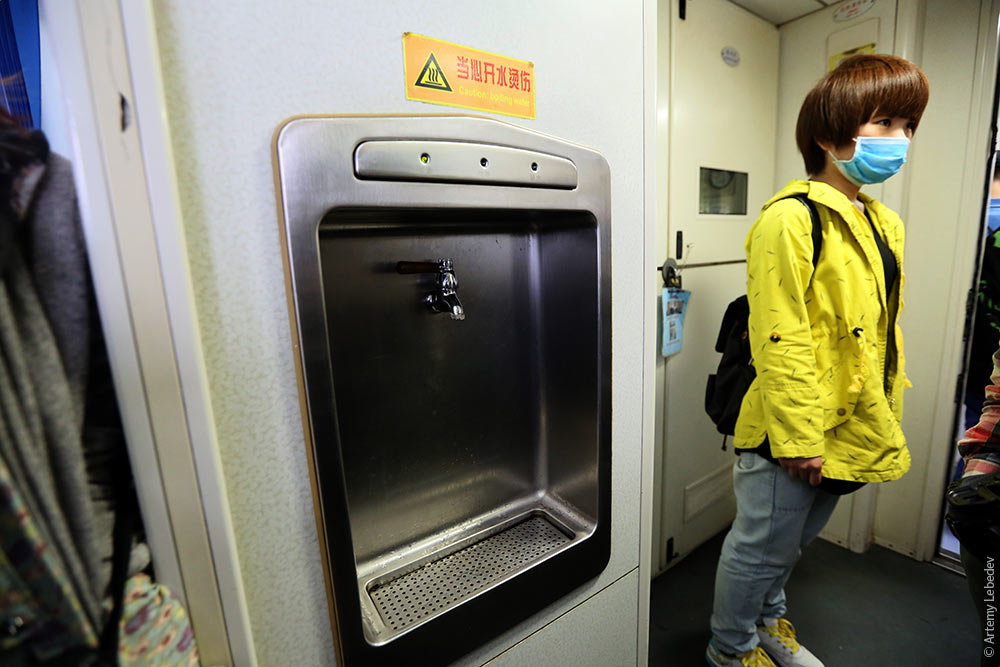 ChengduMapChengdu is yet another large, modern and nondescript Chinese city. 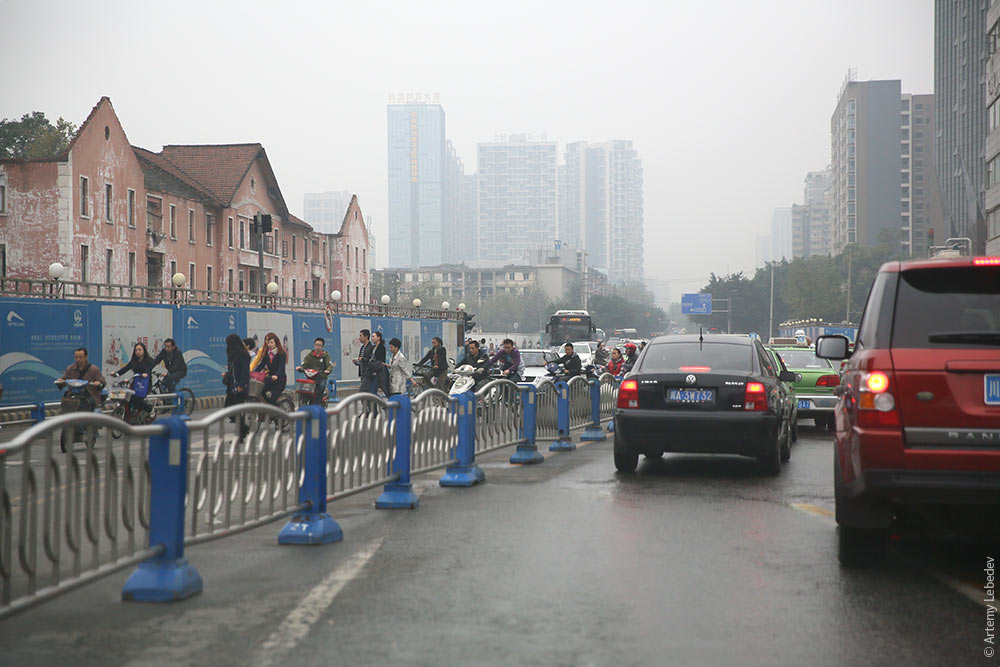 But it’s also home to one of the largest panda sanctuaries. The panda is an incredibly dumb animal that’s completely unequipped for life. It can’t even take a dump on its own after birth—a veterinarian has to hand-squeeze the poop out of it. How it manages on its own in the wild is a mystery. A panda can’t do anything properly—everything always comes out ass-backwards. Yet pandas are so cute that people have built a breeding center for them, and they’re nurtured and cherished. 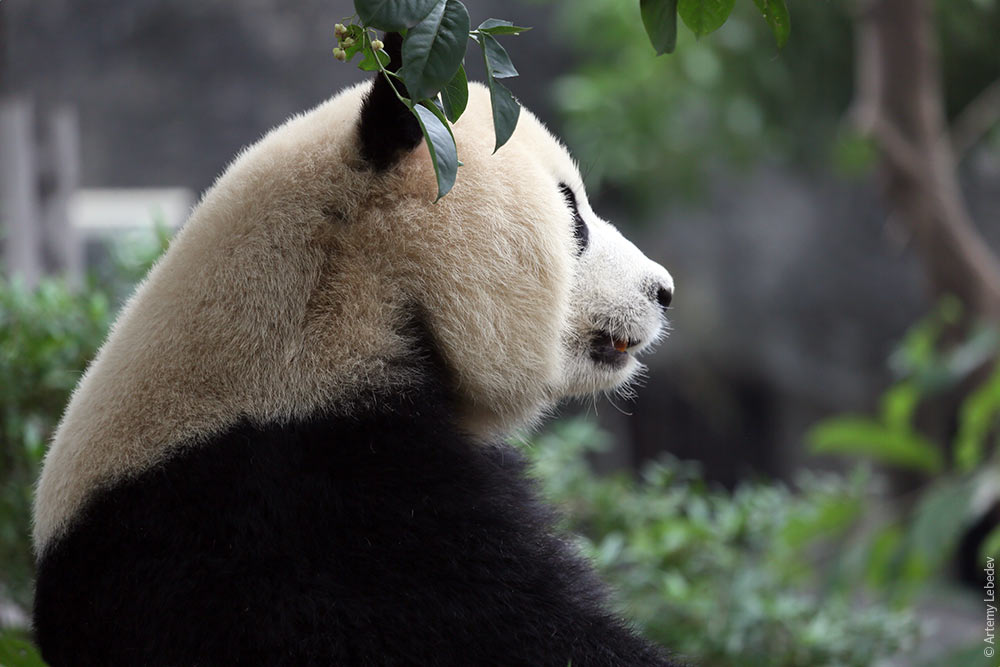 I have a series of photographs where I’m in a place or situation that most people on earth will never get to experience, and in that place I’m staring at my phone as if I couldn’t care less about what’s going on. One more for the collection: 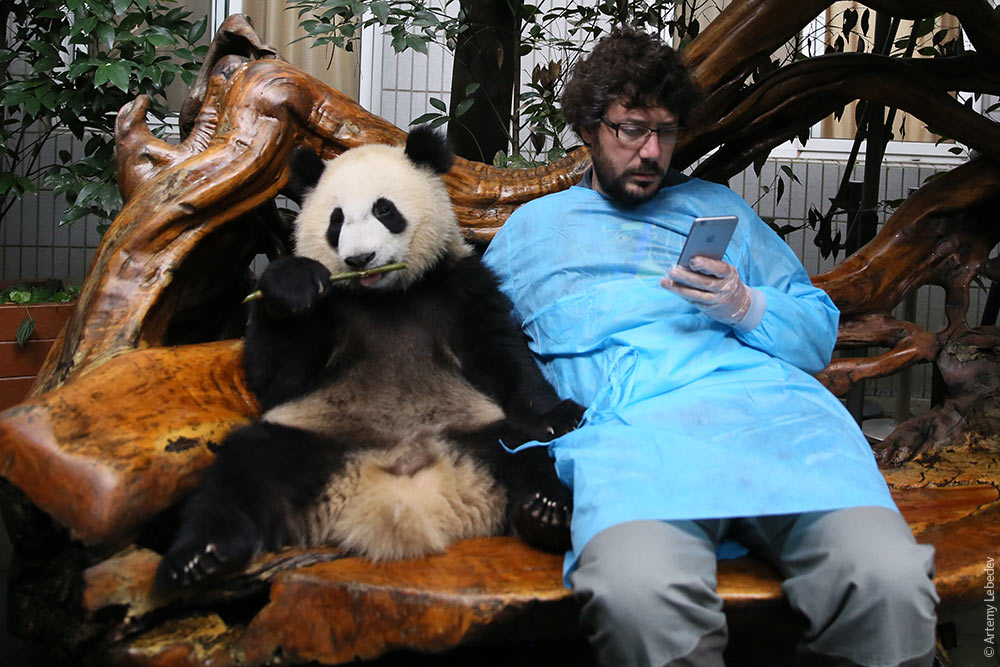 YiwuMapThe city of Yiwu is home to the world’s largest market of small commodities (toys, jewelry and so on). People come here from all over the world to stock up on Chinese goods: from Africa, from Russia, from Turkey. That’s why there are so many signs in Russian and Turkish restaurants here. 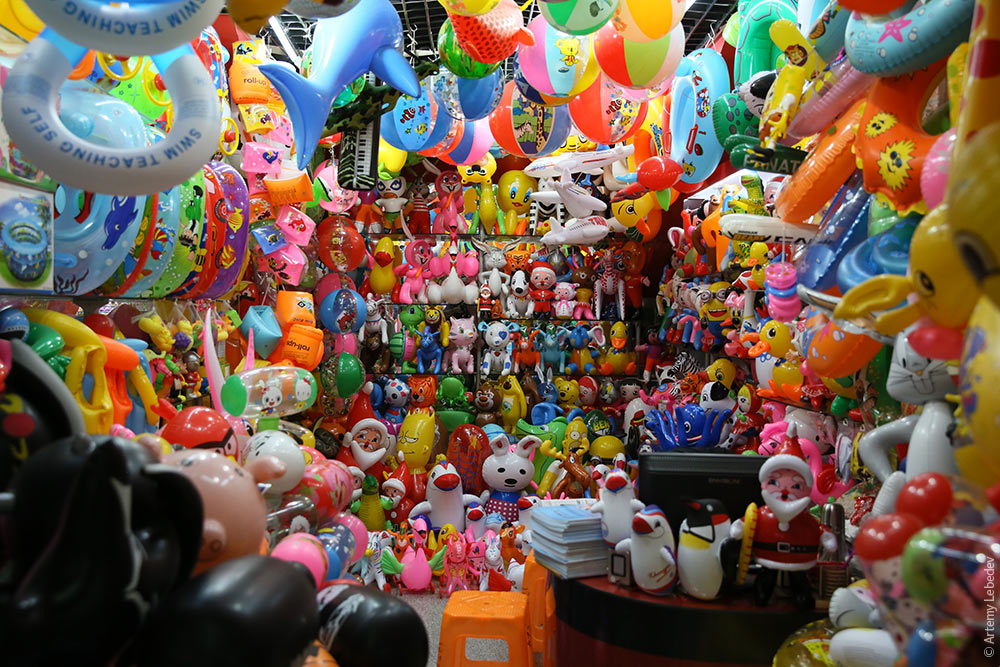 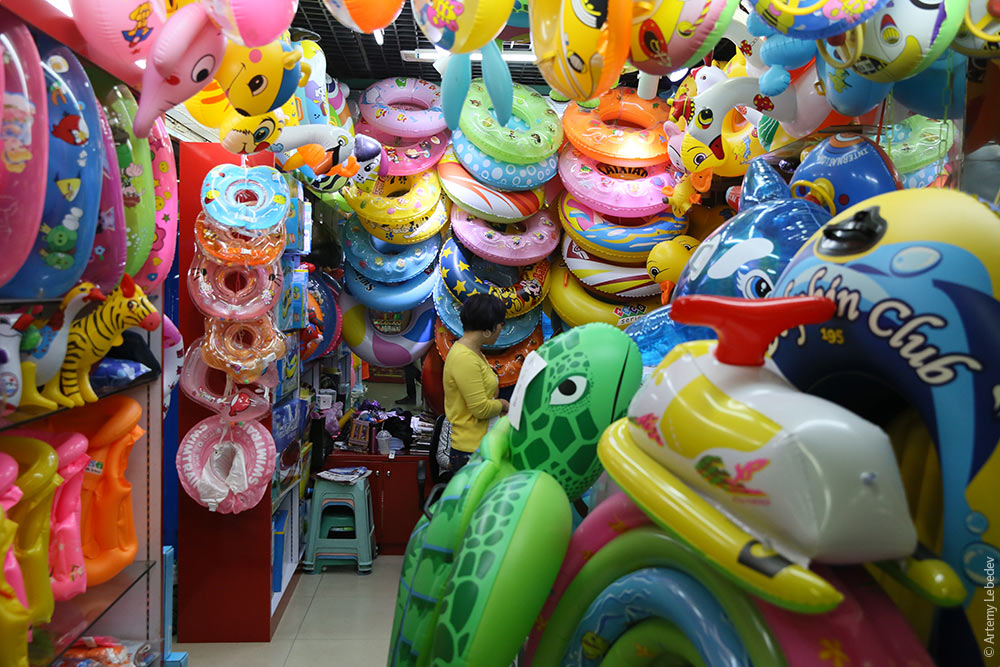 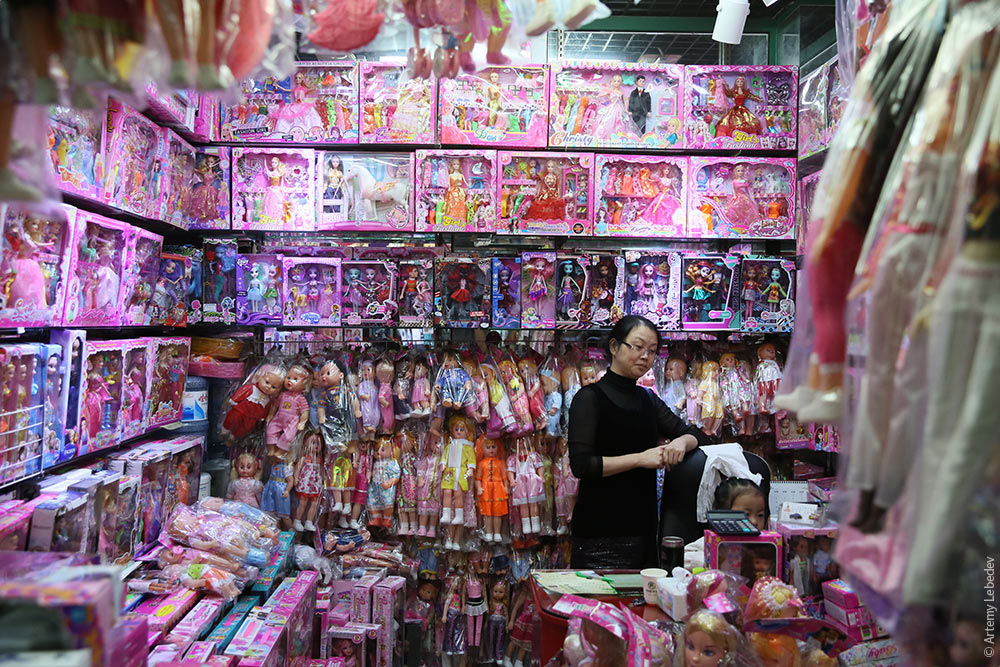 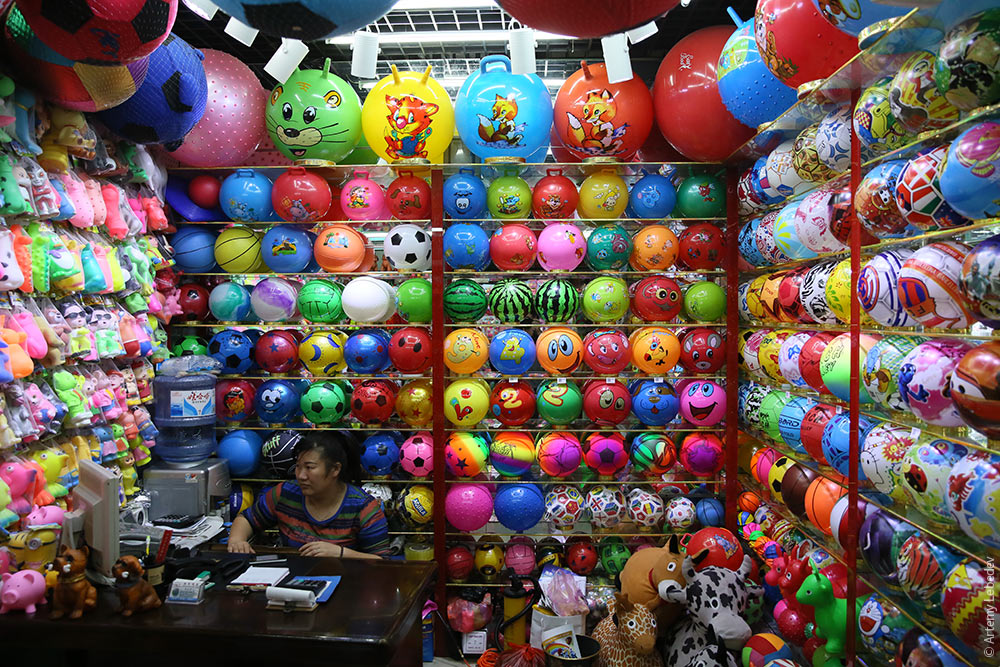 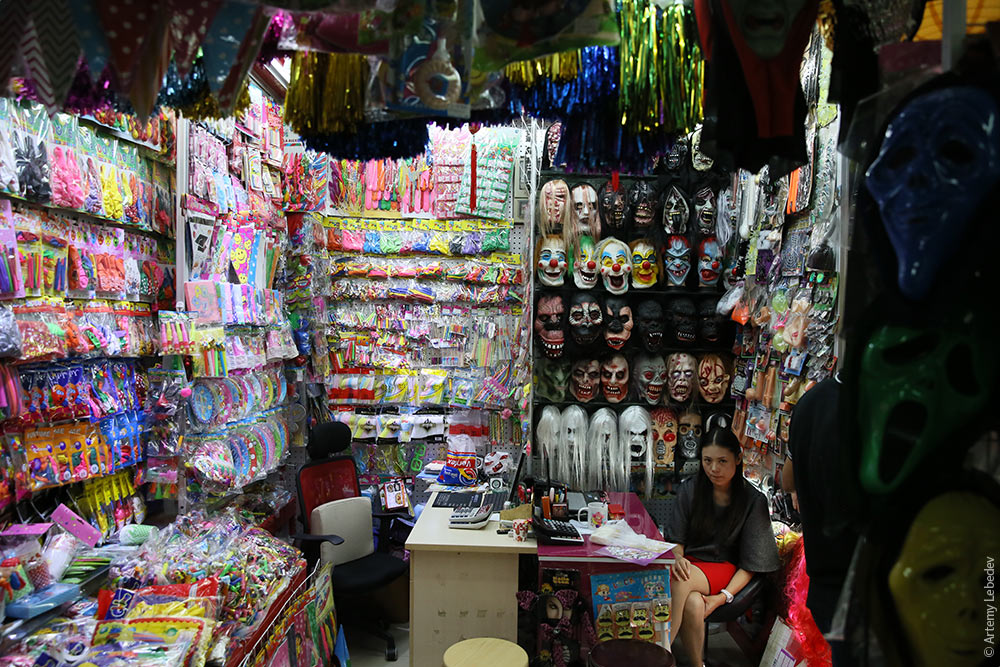 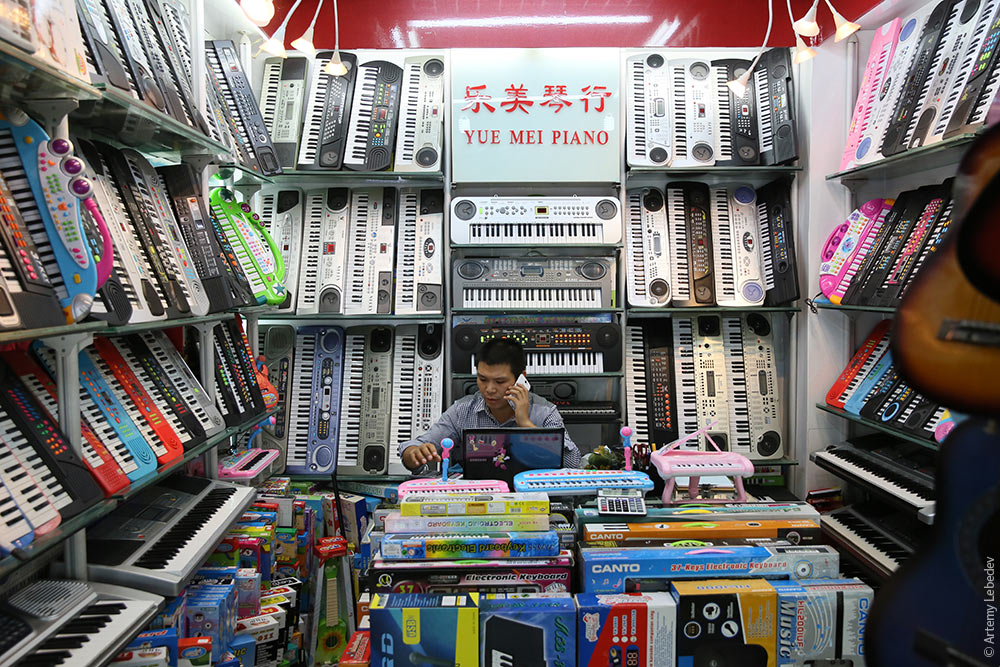 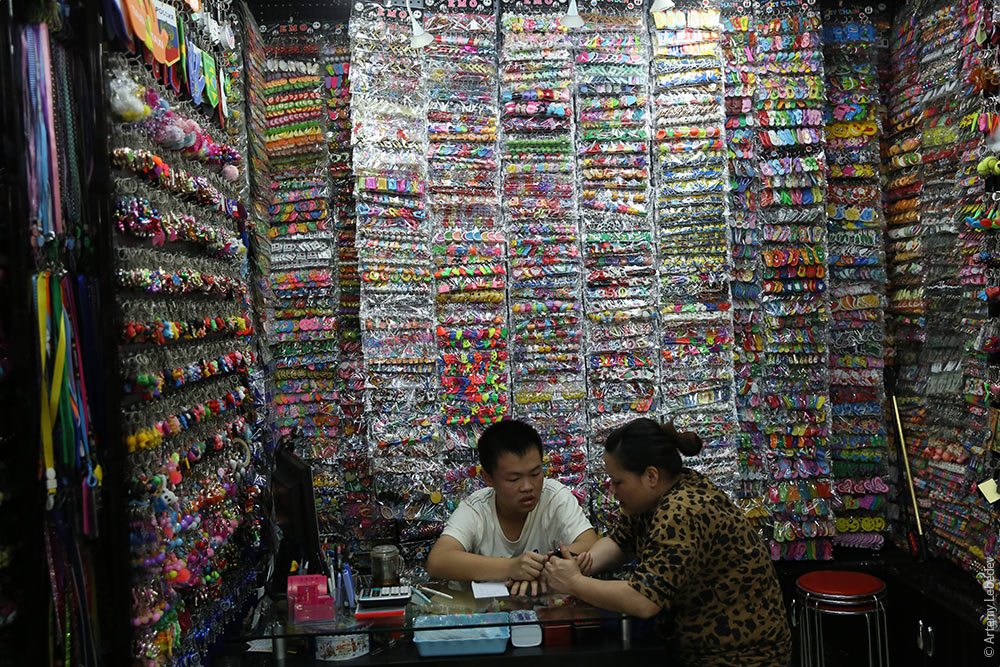 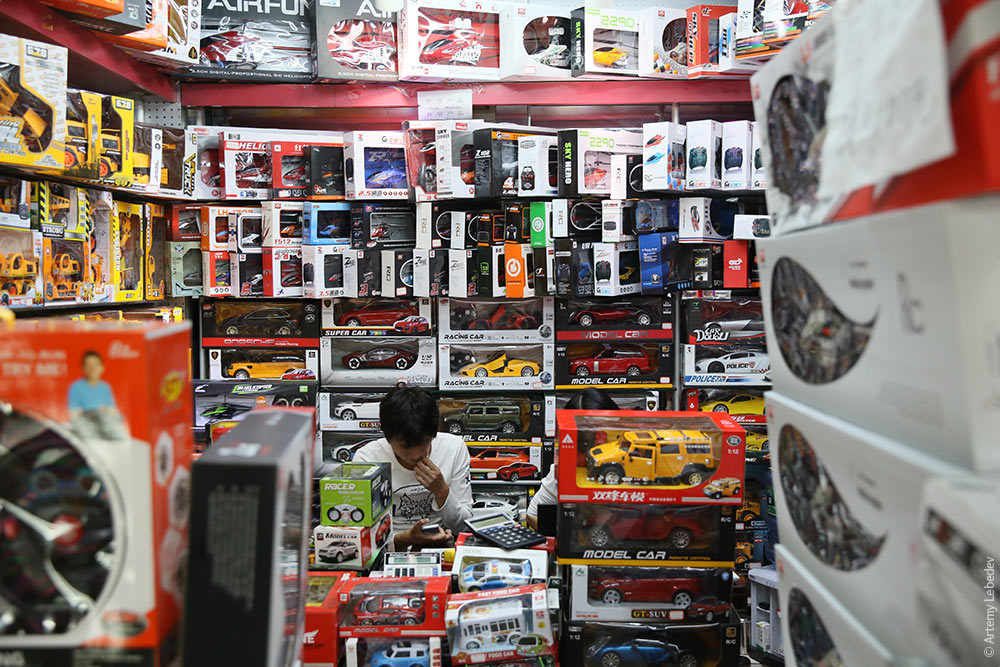 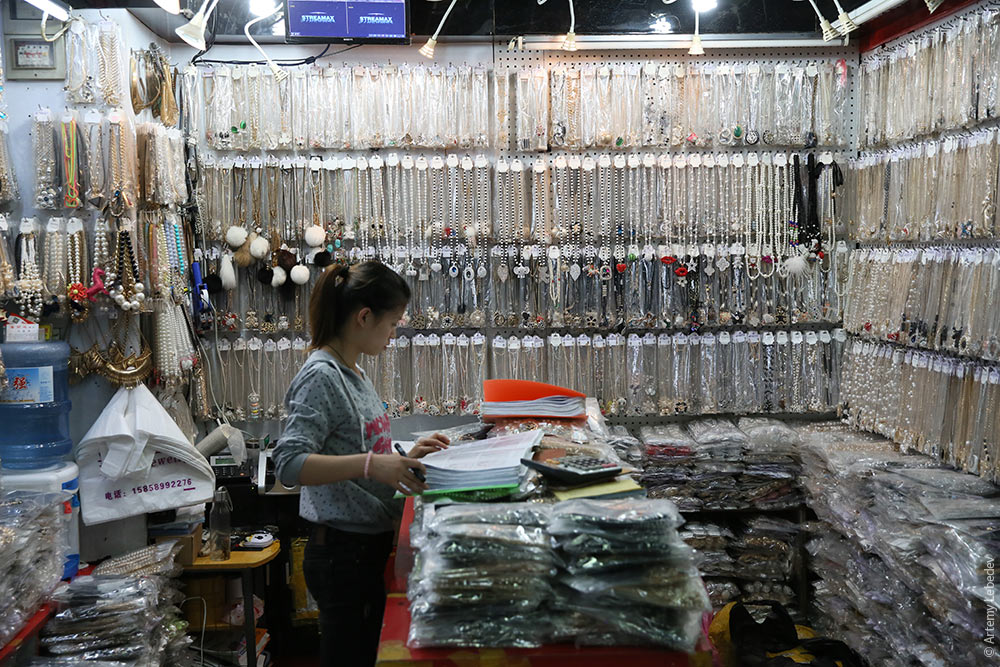 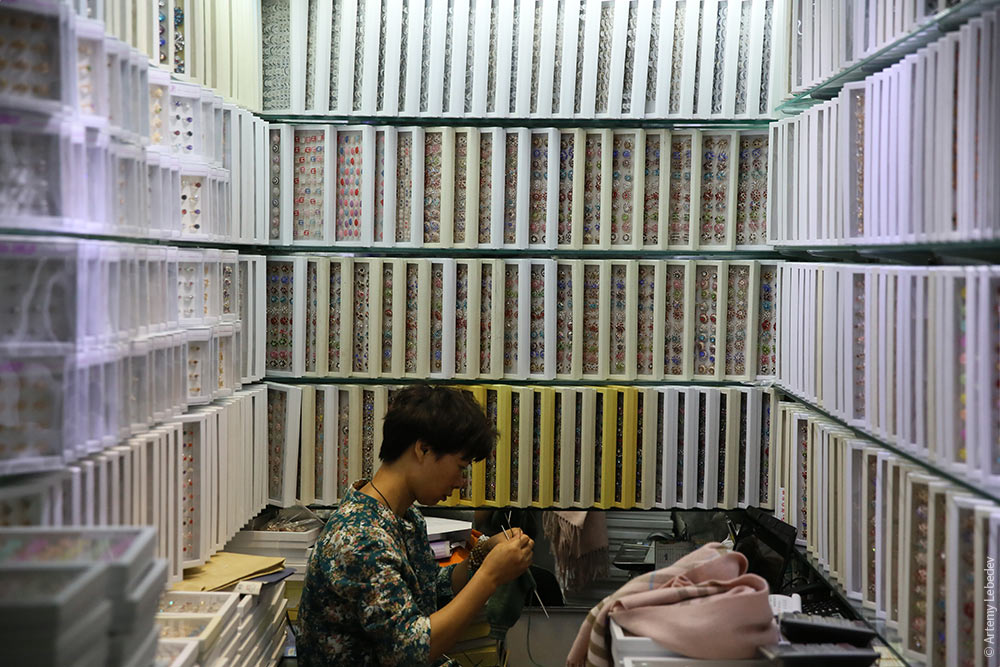 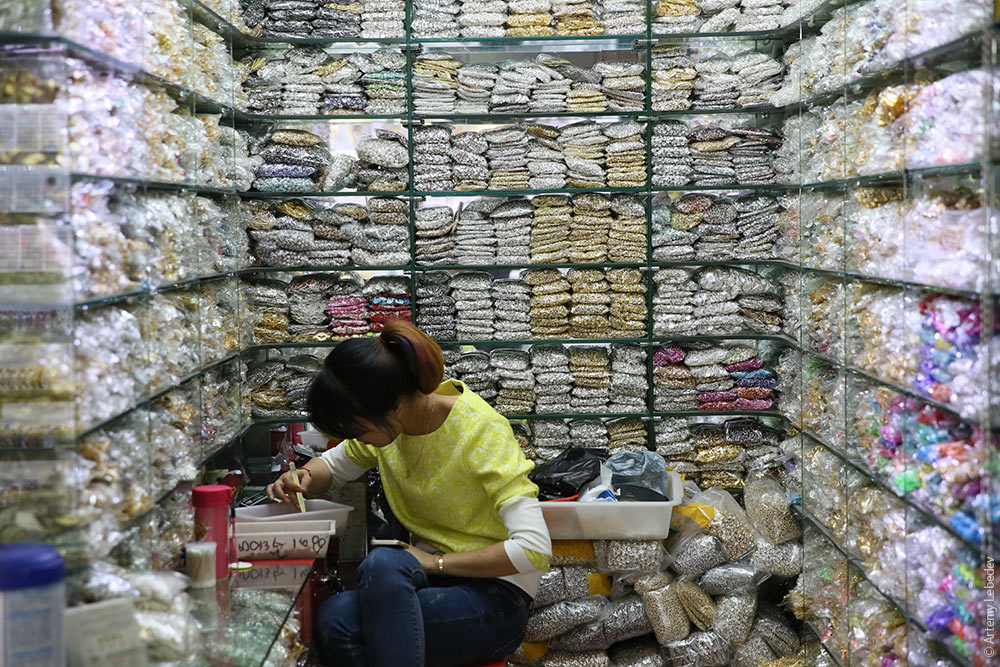 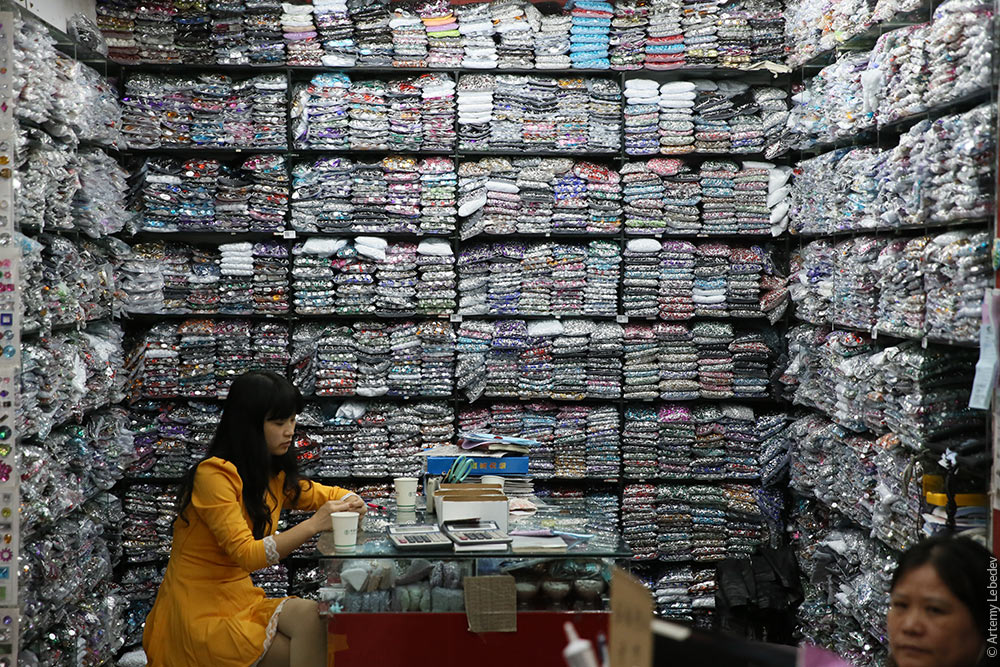 ShanghaiMapShanghai is an awesome city. 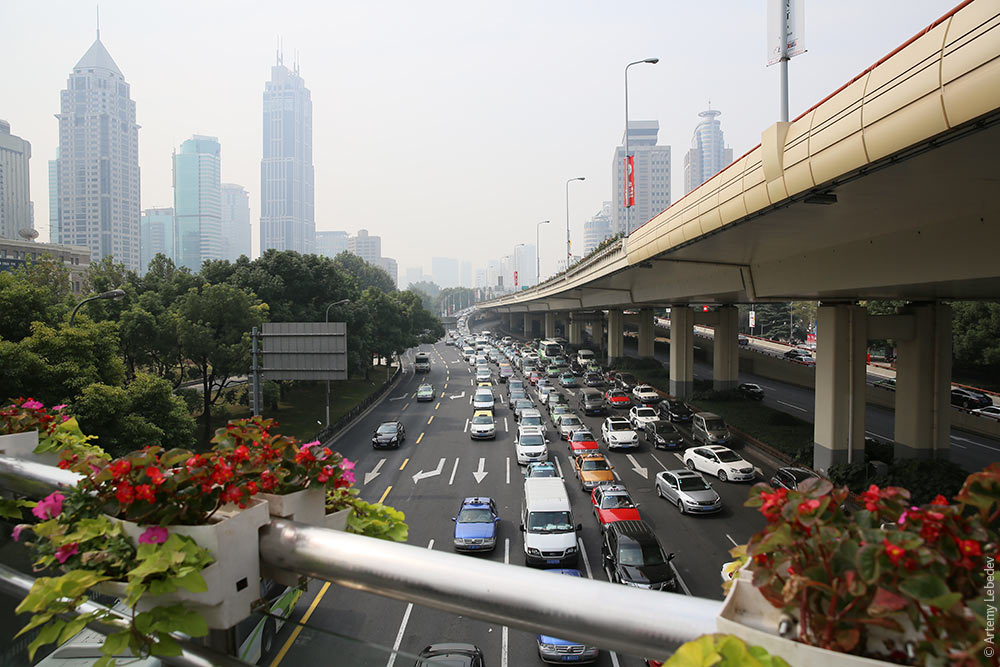 Old neighborhoods are being mercilessly demolished. The Chinese aren’t particularly sentimental. And when an ancient temple needs to be restored, they simply tear it down and build an identical one from scratch. It’s good enough for everyone if the new temple resembles the old in color and shape; no one worships old bricks here. 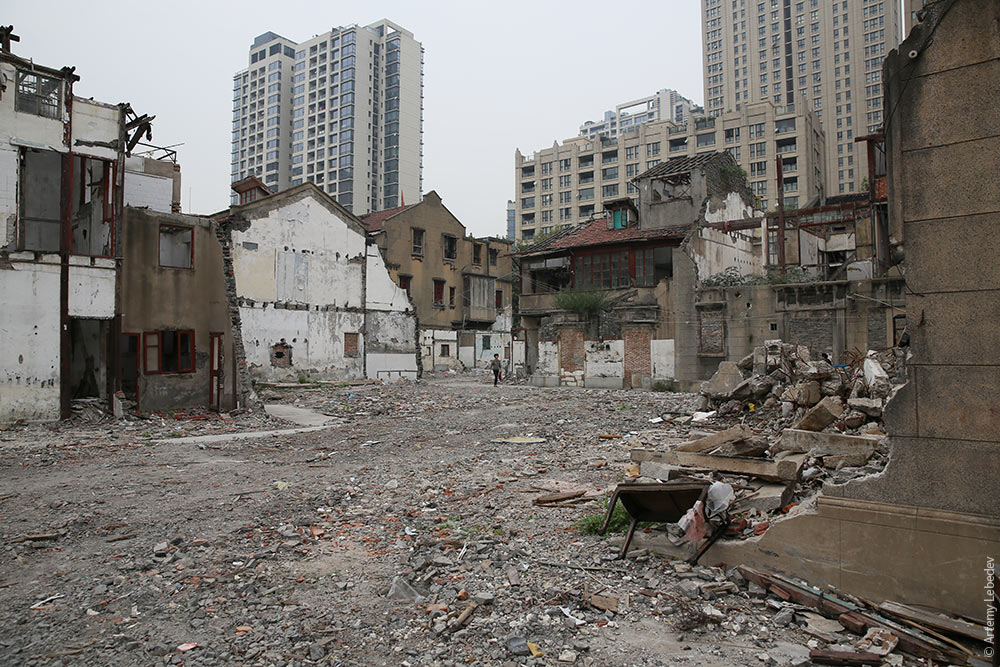 A street noodle shop. It’s so cheap that there’s a line of customers waiting on the sidewalk. As soon as those who are seated finish their noodles, those standing will take their place. 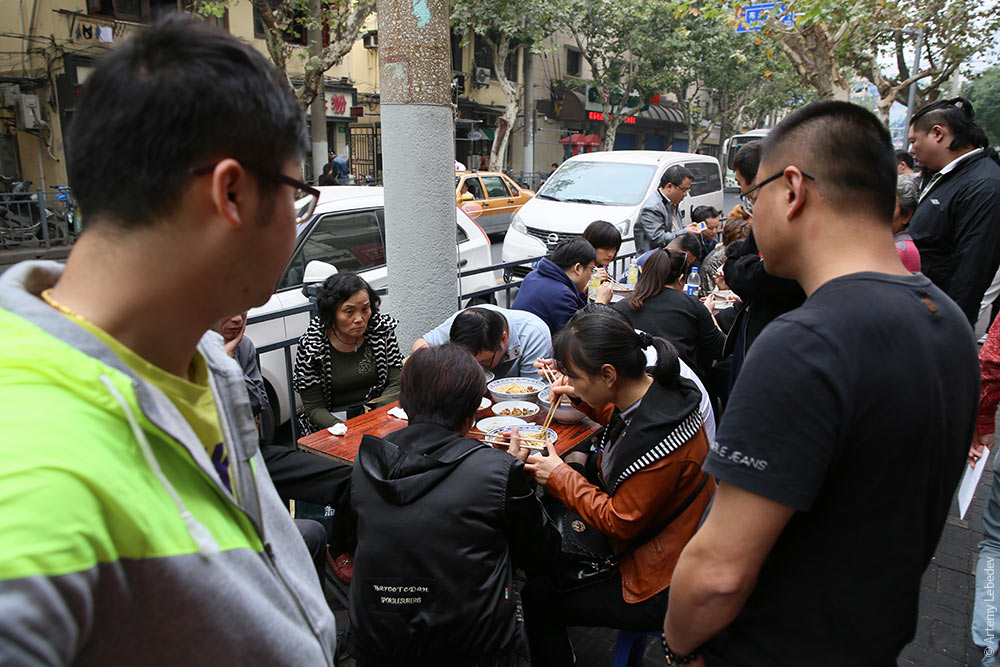 Every balcony has a special frame on the front for drying laundry. 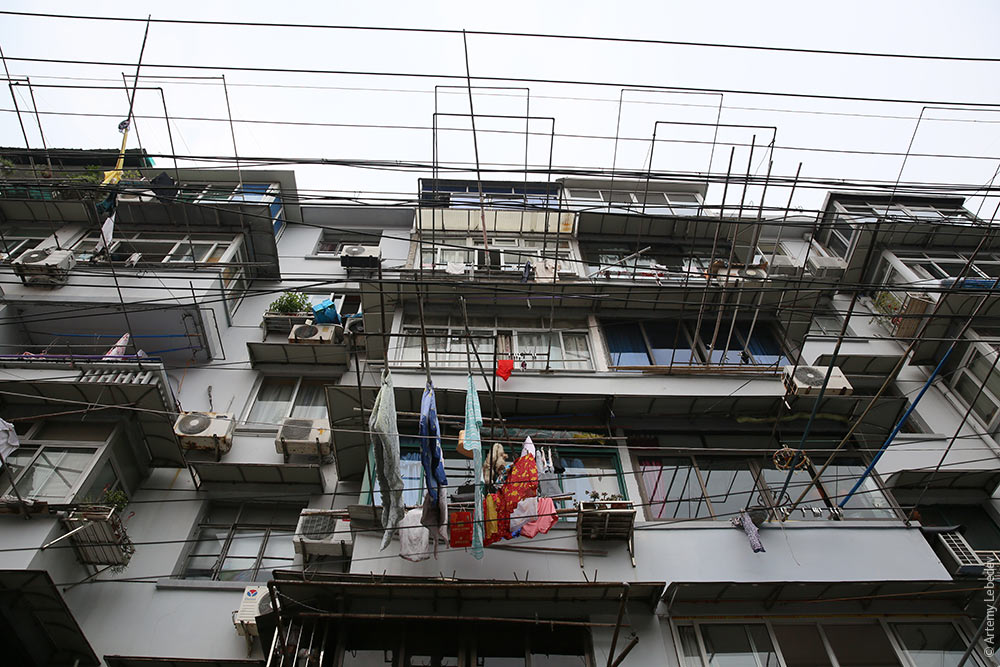 Symbolic money being burned in honor of some deceased person. The women pull stacks of fake money out of the boxes and set fire to them right on the sidewalk. 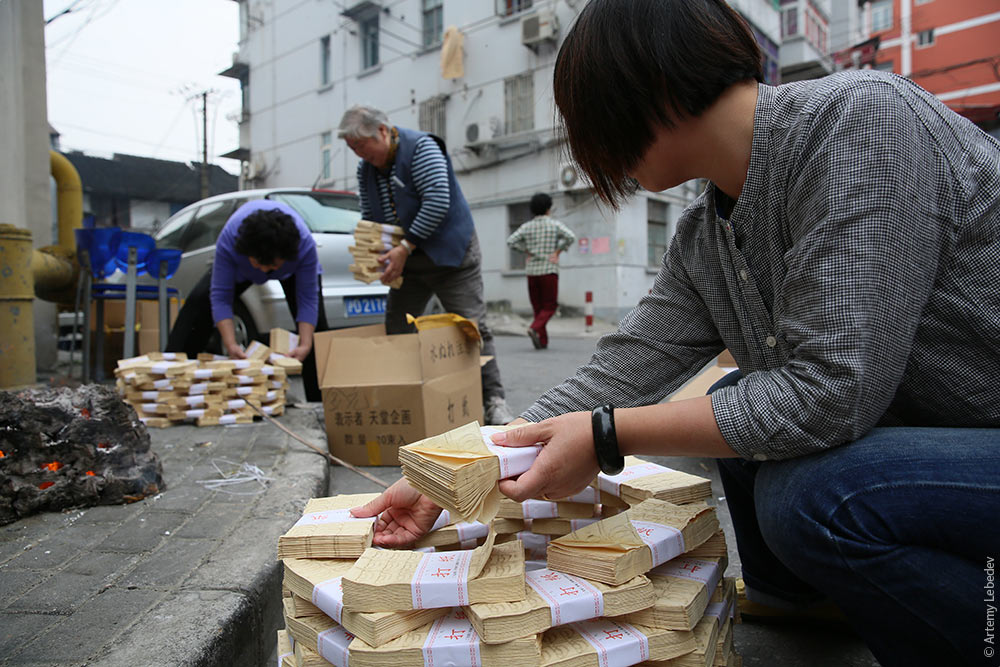 A motorcycle taxi driver. 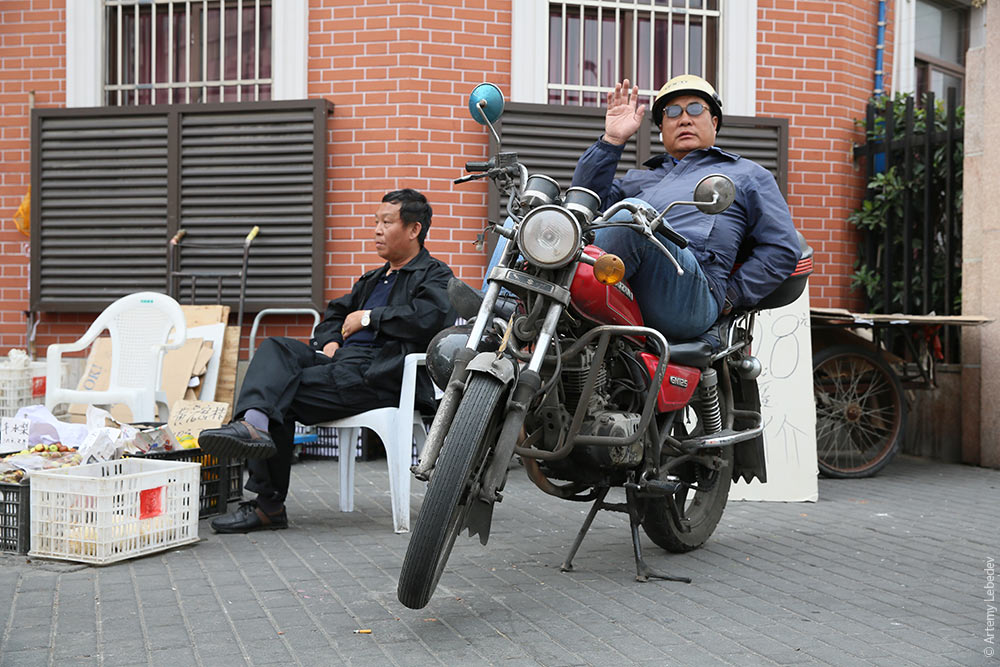 An ancient estate has miraculously survived in the center of the city. 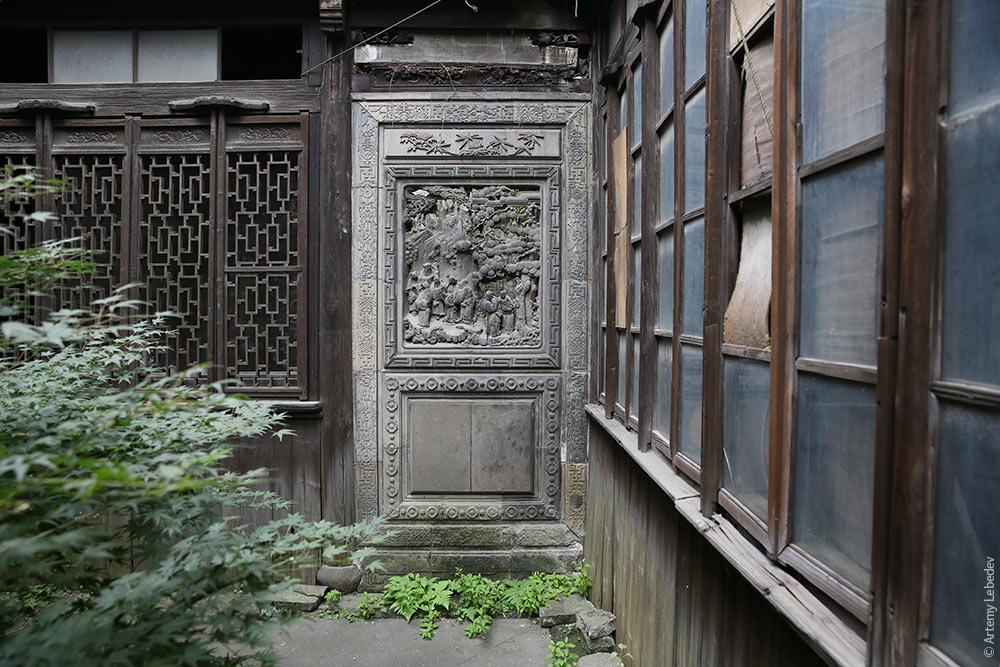 The old women who live there have no money for its maintenance. 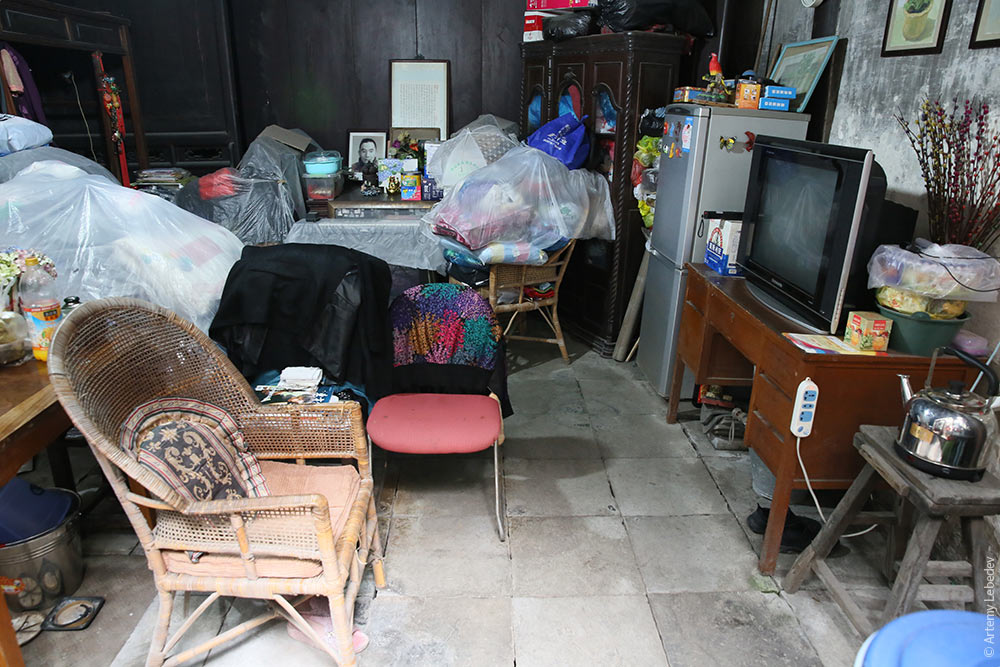 The government has no money for its restoration. 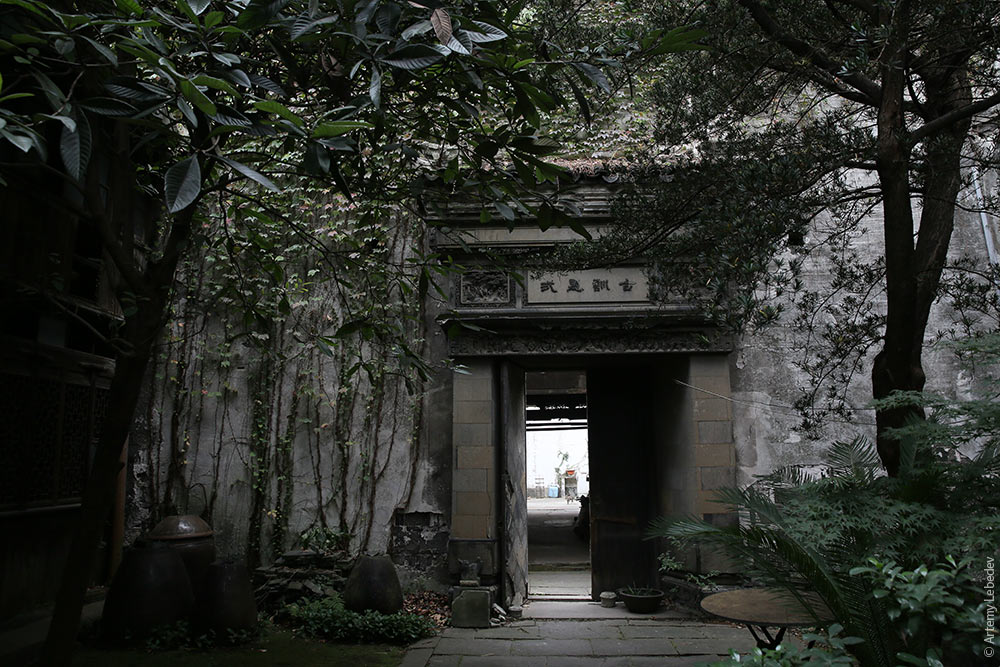 And so one of the few real historical and architectural monuments continues to crumble, completely inaccessible to the public. 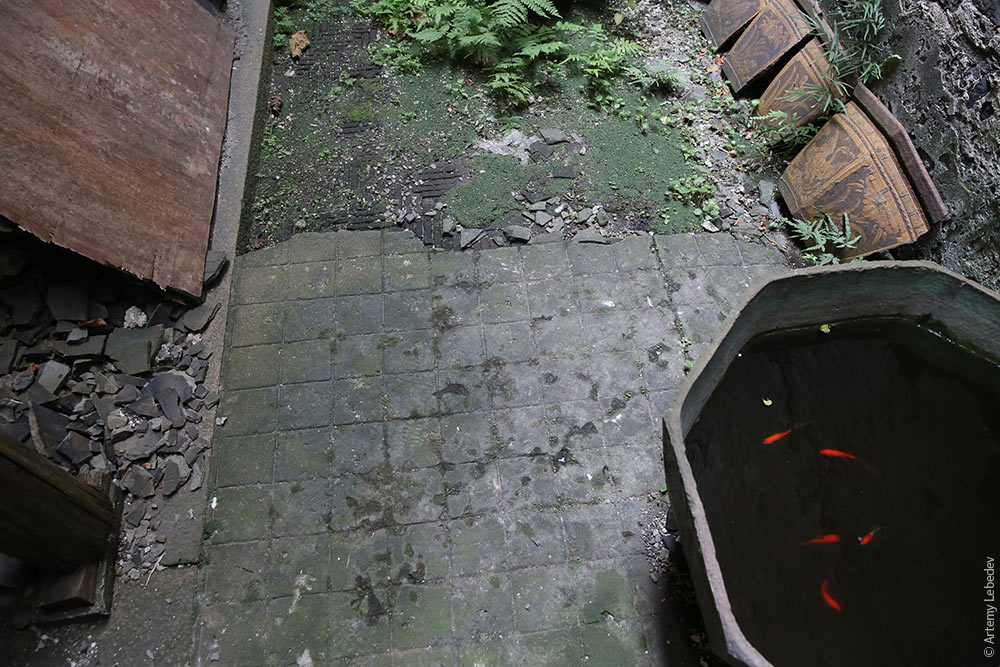 Fat China and scrawny Africa. 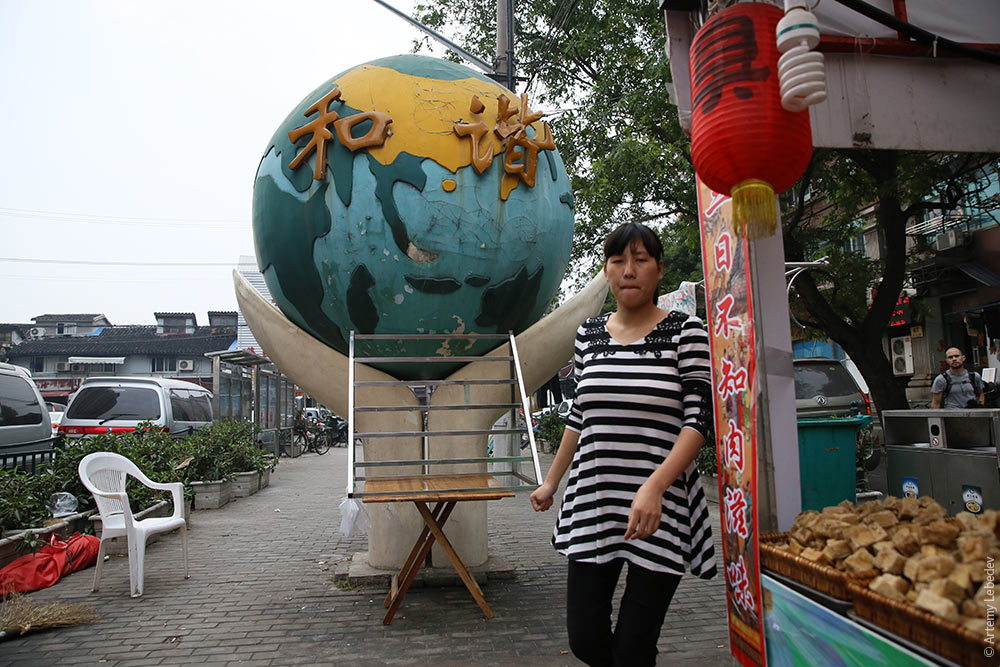 Municipal trash cans. 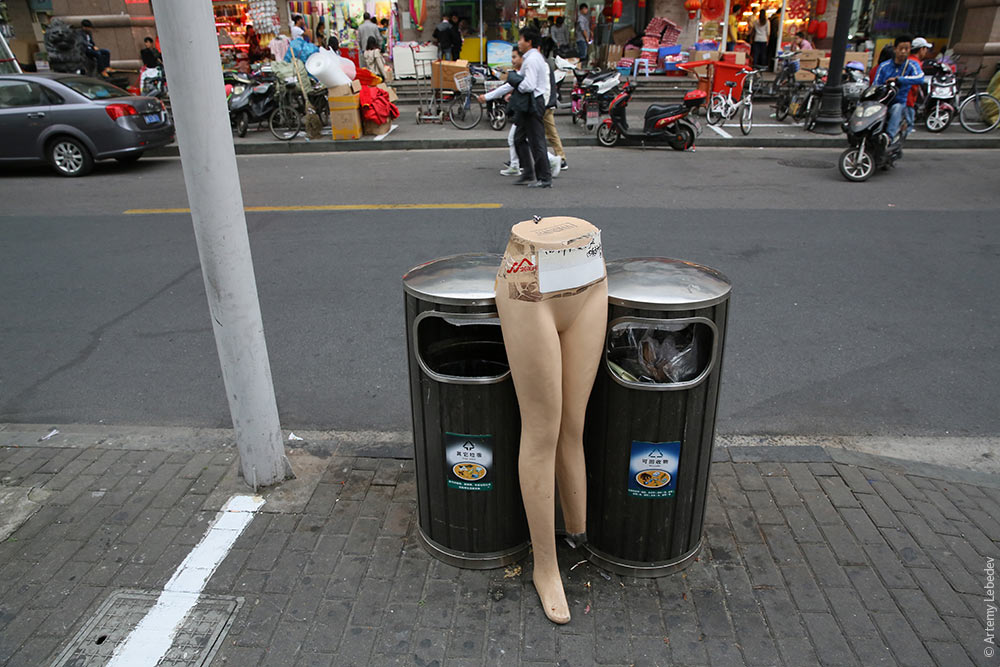 Zhuge VillageMapAn ancient place that has miraculously avoided being demolished to make way for a highway interchange or apartment buildings. 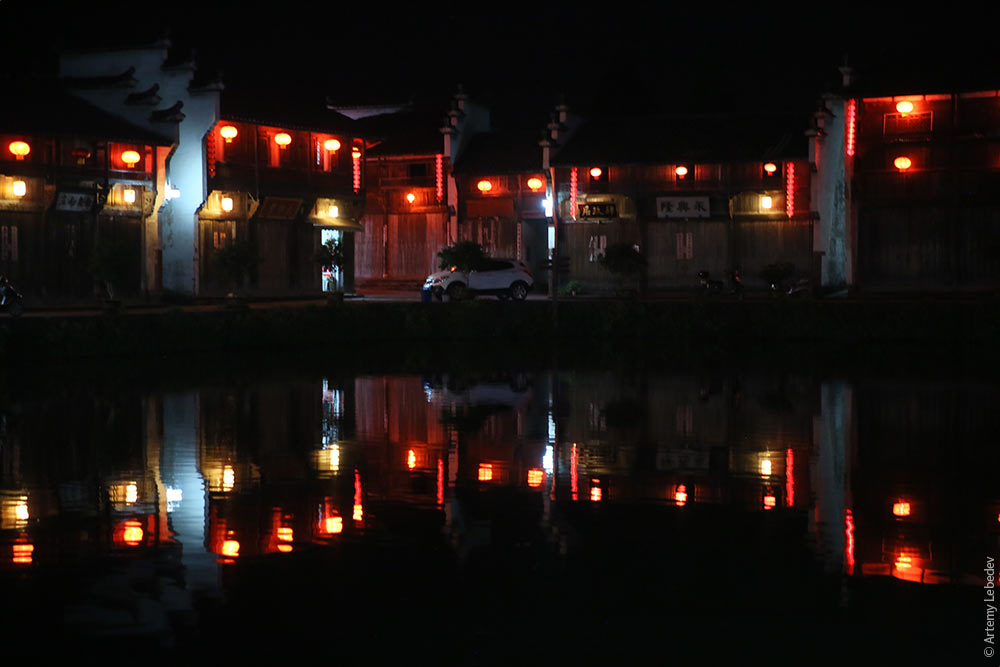 It’s the kind of place where you want to film movies. 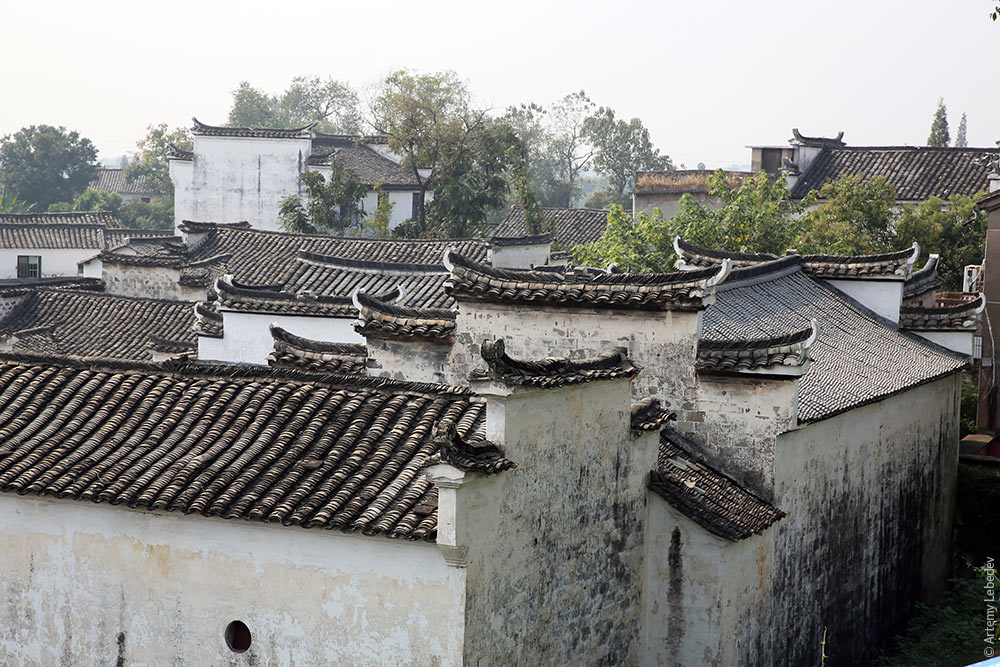 Parts of it resemble Portugal, or perhaps Italy. 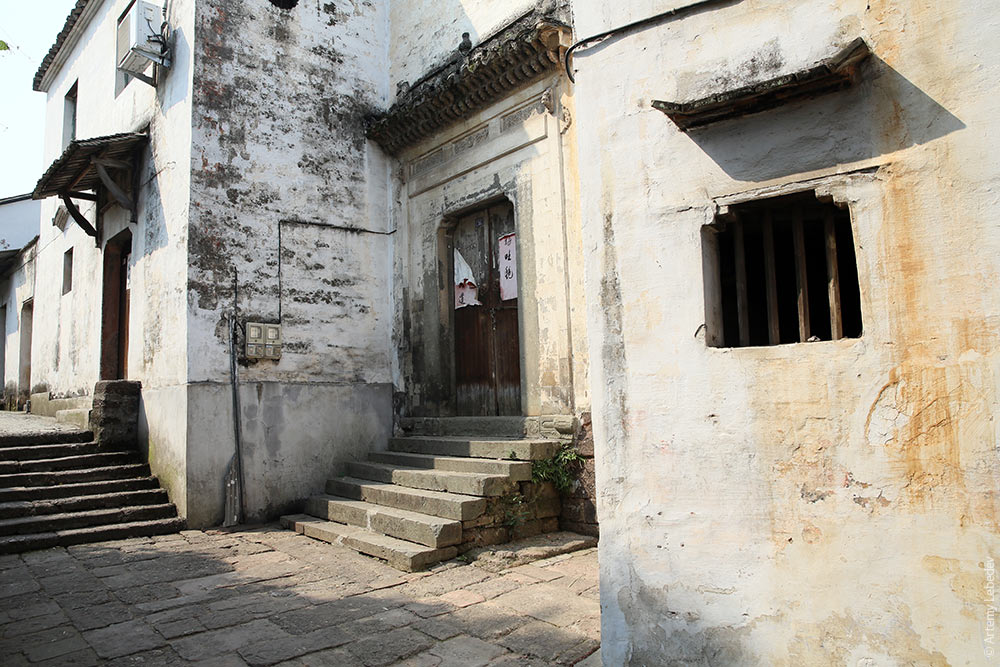 People lead ordinary lives here. Except that there’s a daily influx of tourists. The locals use the pond to wash laundry, store fish in cages, or dispose of food scraps. 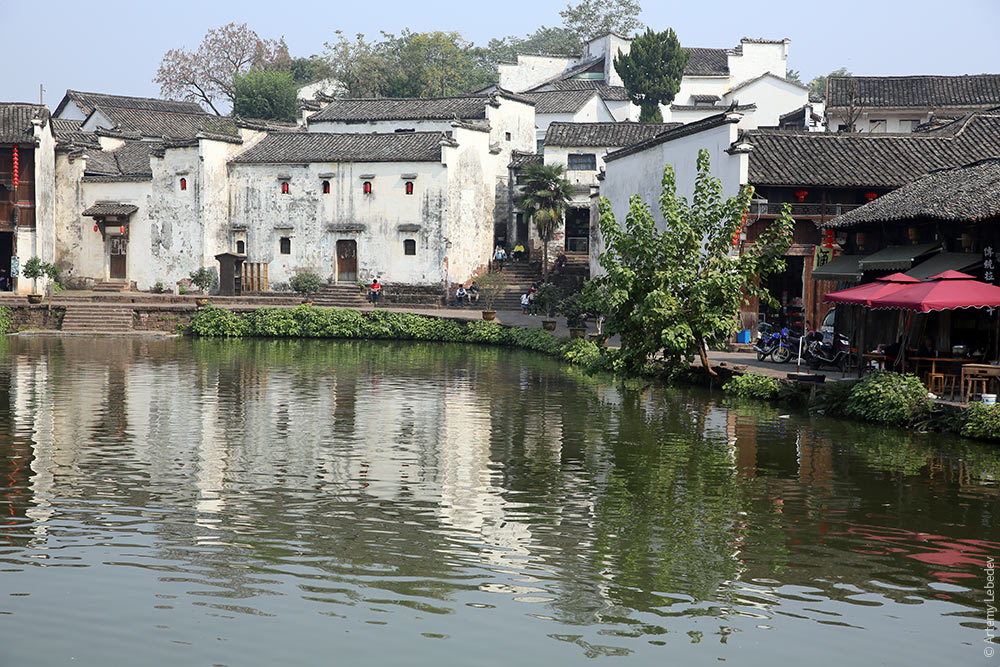 The village’s main ornament is the lakes. 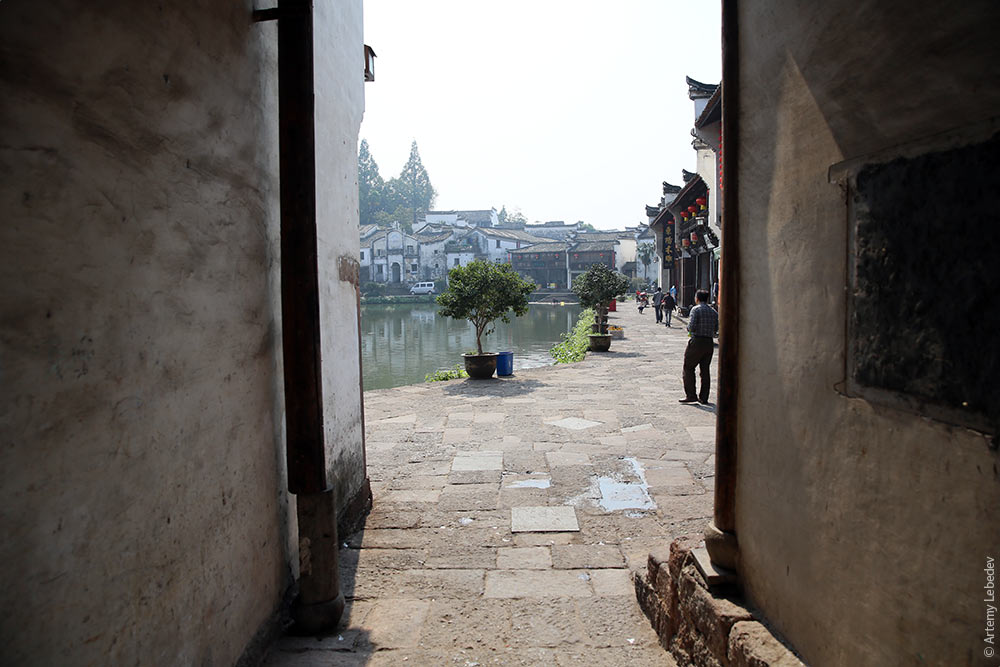 The old streets are delightful. 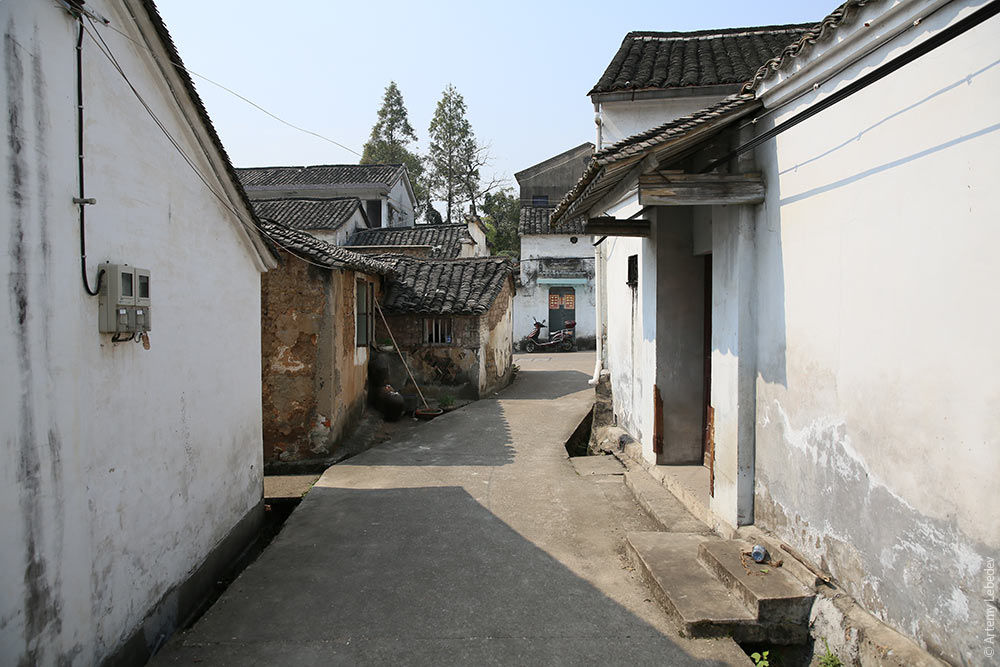 A woman selling noodles. 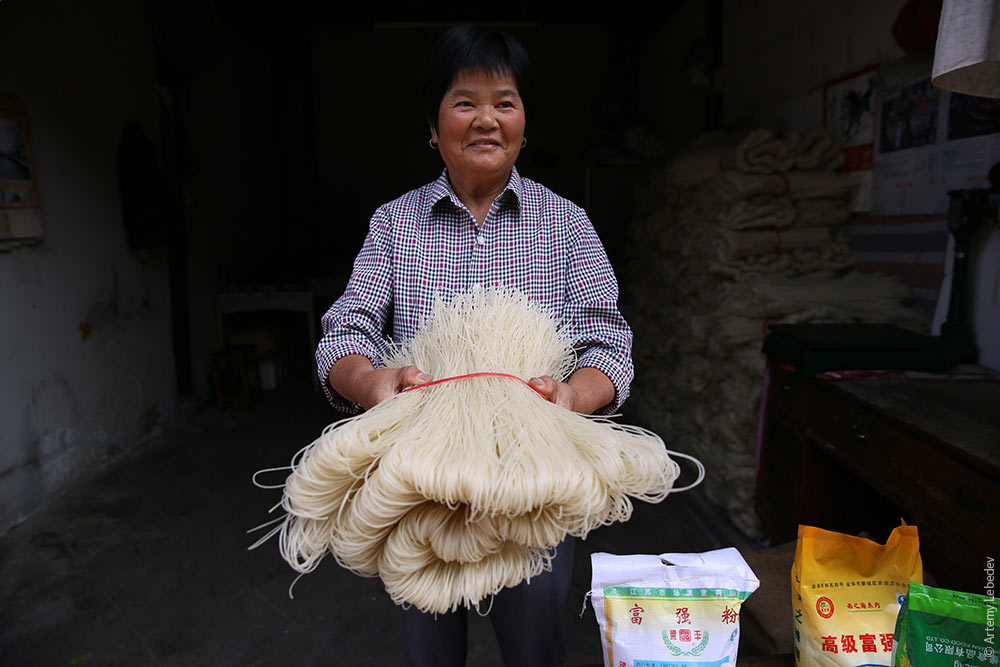 A granny eating rice. By the way, here’s the most surprising thing about rice. Restaurants always bring it out as the last dish, after everyone’s already stuffed themselves with meat, fish and vegetables. This goes completely against what we’re used to in Europe, where Chinese restaurants bring the rice out first. 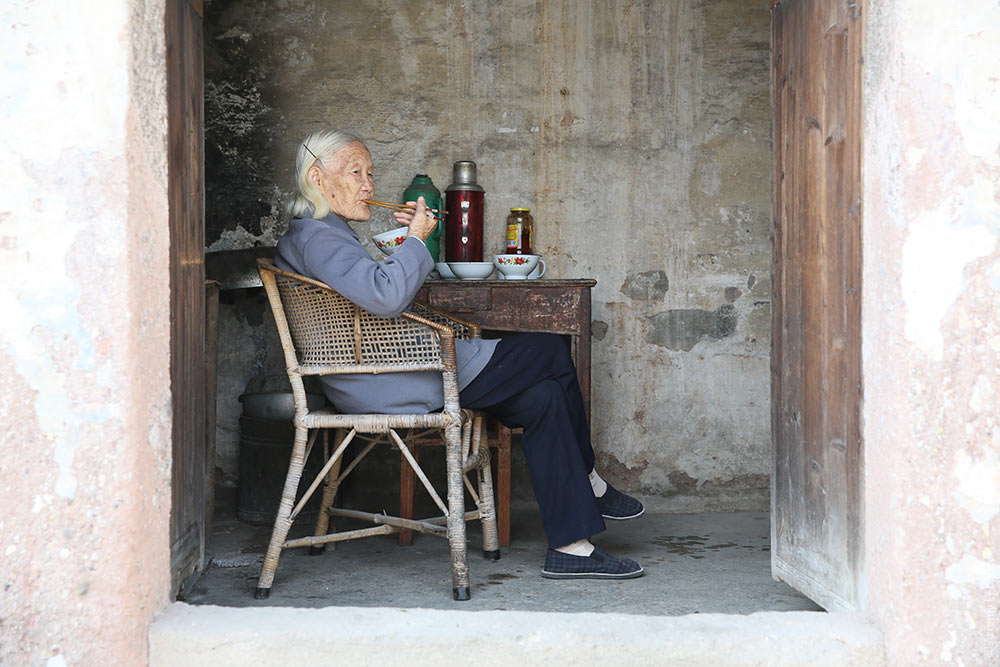 An unexpected find. 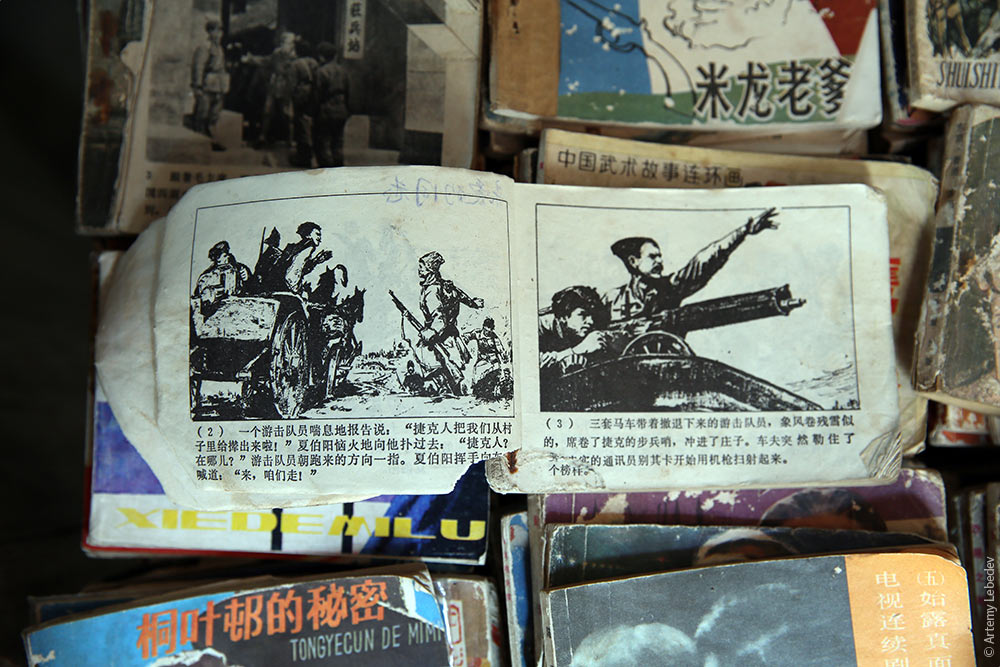 It’s insanely beautiful here. Almost like in Torzhok. 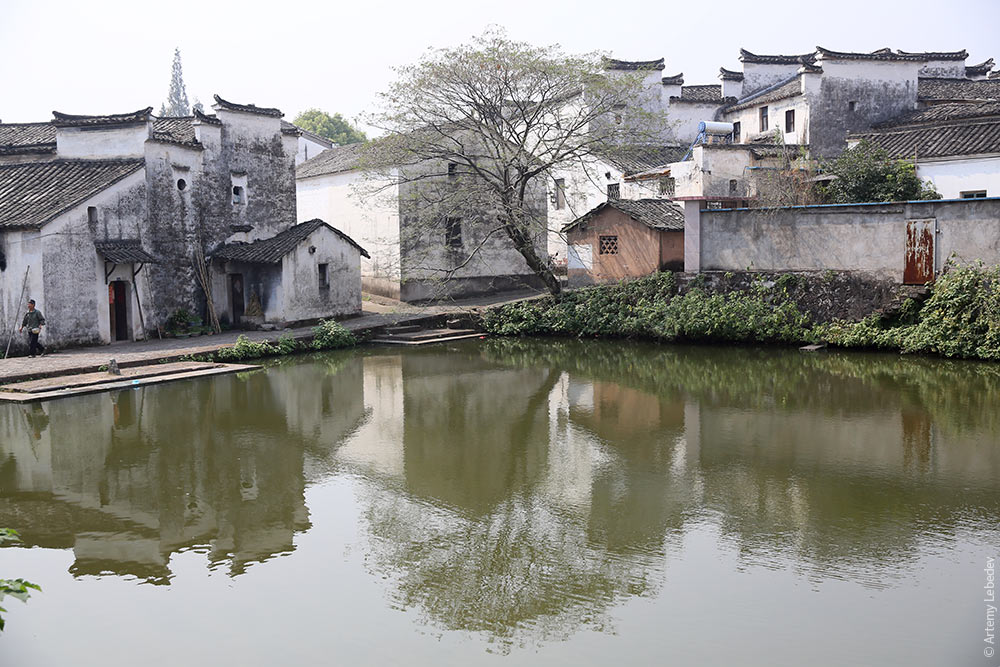 Only it’s still China. 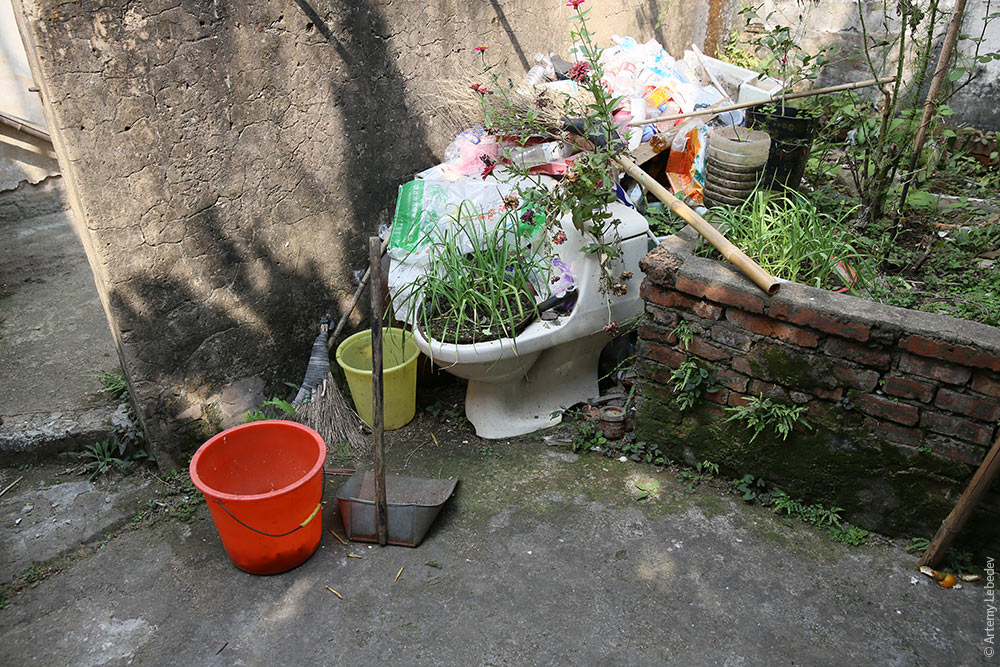 |